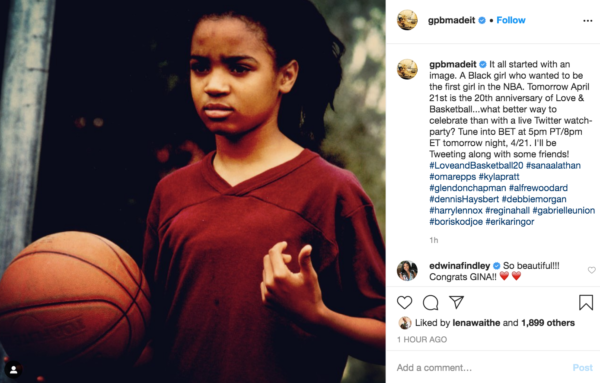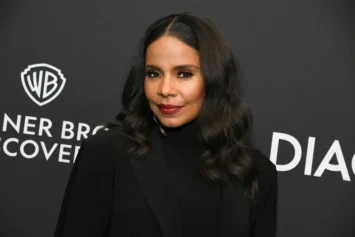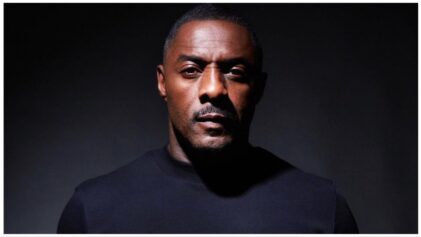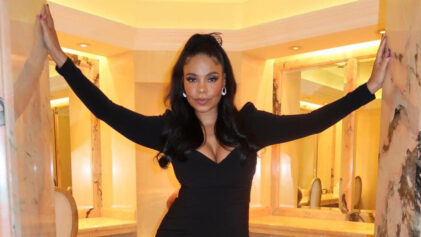Gina Prince-Bythewood made her directorial debut 20 years ago with, what is now known as, the classic Black love story “Love & Basketball.” At the time, she had no idea that the film would become as beloved as it is and, looking back now, she’s still just as grateful that it’s continuing to make an impact.
While the 2000 romantic drama, starring Sanaa Lathan as Monica Wright and Omar Epps as Quincy McCall, may have gone on to become a piece of classic cinema, Prince-Bythewood had to fight to even get it made. “Every single studio turned it down,” she told HuffPost during an interview celebrating the film’s 20-year anniversary. Along the way, she also had to fight to maintain the integrity of the story she wanted to tell, but was able to continue because she had a clear vision in mind. “It was a story that I was so passionate about, that I so believed in. And that’s why I feel like it’s so important that the first thing that you come out with should be something very personal and passionate, because you are going to get a thousand noes.”

Photo Credit: @gpbmadeit/Instagram
The fights were ultimately worth it, however, and the director learned a valuable lesson about persistence. “What I learned with “Love & Basketball,” and when I’ve taken the rest of my projects in this industry, is that you only need one yes. And, finally, that yes came.”
Prince-Bythewood is honored to have her directorial debut touted as an example and inspiration to the next generation of Black women filmmakers. She also doesn’t take lightly what it means to have created something that has had an impact on Black cinema.
“I mean, to be talking about it 20 years later is so amazing and humbling to me as an artist. You just hope that your film has an impact on somebody,” said “The Secret Life of Bees” director. “And given the fight and struggle and the blood, sweat and tears to get this film into the world, to be here today, getting to talk about it, it blows me away. I never ever get tired of hearing somebody say they love the film or that it meant something to them … the fact that it’s resonated … not just with Black audiences but with everybody is also validation that our stories need to be in the world and everybody needs to see our stories.”
Bythewood also talked about recent online controversy calling out Quincy and Monica as an example of toxic love. “I see it as two damaged people, Quincy being more damaged than [Monica], trying to find themselves,” Prince-Bythewood explained. “And once they can find themselves, they can come back to each other. They’ve loved each other ever since they were little, and that they were able to maintain a friendship and then a relationship, and then they split apart. But what they had at its core: a belief in each other’s talents.”


